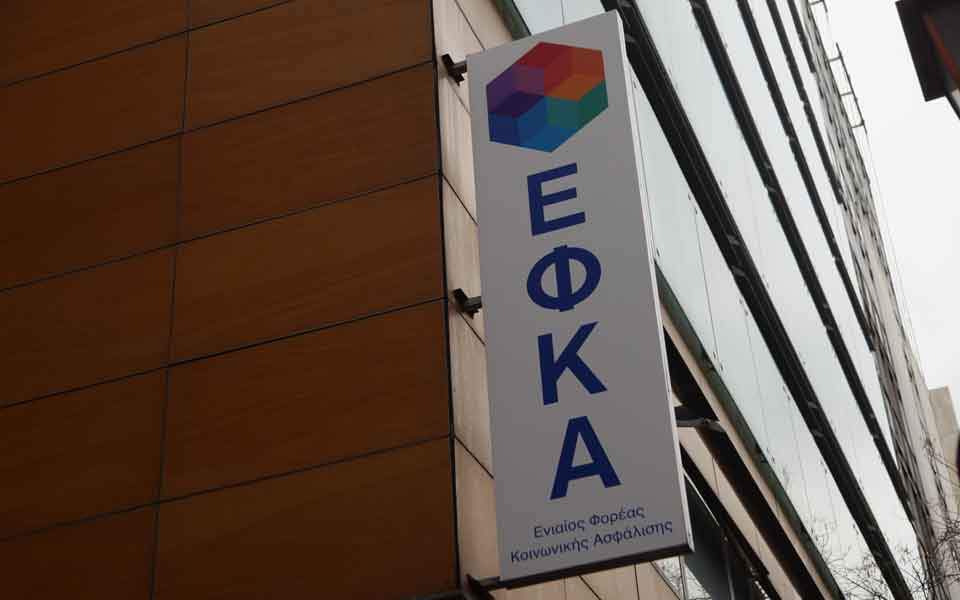Regulation for retirees with debts to EFKA

A Labor Ministry bill foresees the possibility of self-employed people with debts to the Single Social Security Entity (EFKA) of between 20,000 and 30,000 euros receiving 40% of their pension.
Although it is a bill that at its core concerns the application of the European Directive on transparency in the labor market, according to competent minister Adonis Georgiadis, it will also include two social security provisions that thousands of insured persons are waiting for.
One of them concerns potential pensioners with debts to EFKA. Until today, it has been possible to receive a pension with debts of up to €20,000, which will be withheld from the final amount of the pension, in 60 equal installments. Now, based on the proposed provision, those with debts of up to €30,000 (and up to €10,000 in the case of farmers) will be able to receive a pension, of course under strict conditions, such as checking their deposits.
Until the debt falls to €20,000, 60% of their pension will be withheld. Today’s provision will then apply, with the debt spread across 60 equal installments that will also be withheld from the pension amount.
According to Georgiadis, the goal of the proposed regulation is to distinguish strategic defaulters – that is, those who have money but do not pay EFKA – from those who cannot pay, and for this reason, it will be foreseen to lift the debtor’s bank secrecy, with a limit of €12,000. If deposits exceed this limit, the new arrangement will not apply.
The same bill will also include the provision to remove the 30% penalty from the pensions of those who continue to work and replace it with a special resource of 10% of gross employment income.
In the case of self-employment, the withholding will be 50% on the insurance category chosen by the retiree, while if there is also an obligation for supplementary insurance, the burden on the insurance category will be 40% for main insurance and 40% for auxiliary.
In any case, pensioners will pay the additional contribution after first paying all the prescribed taxes and contributions on both their income from work and their pension. According to estimates, the vast majority of retired workers will benefit from this regulation.




